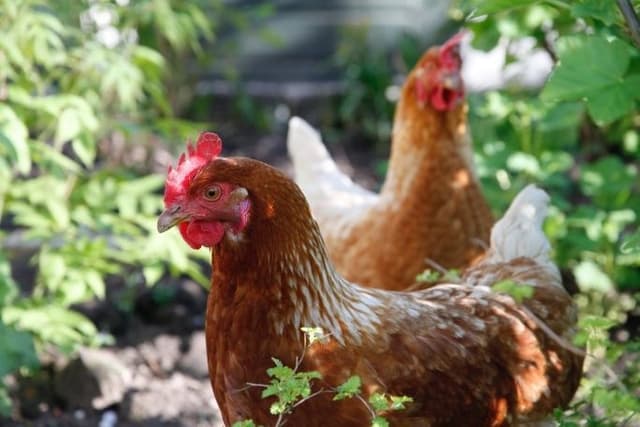
Creative Sustainability - Permaculture Case Study
Lesson2 of 6 in this unit
SecondaryYear 7 - 10TechnologyDesign and TechnologiesEnvironmentalBiodiversityLand ManagementEconomicDesign ThinkingIndustry, Innovation and Infrastructure
Summary
Lesson Guides and Printables
Lesson Plan

Student Worksheet

Teacher Content Info
